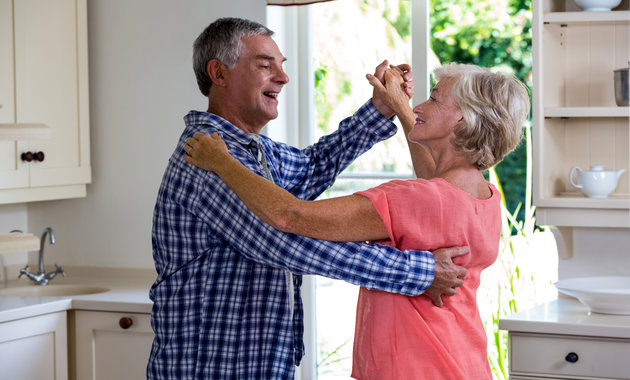
Want to delay signs of ageing? Daily physical exercise, especially dancing, could slow down the age-related decline in mental and physical health, keeping you young for long, suggests a study.
A group of researchers revealed that dancing could have the most significant anti-ageing effect on the brain of old-aged people. Moreover, it could also help increase balance, which is an important everyday function, essential for preventing falls and improving mobility.
The research team enrolled elderly people (average age=68 years) who were asked to engage in either an eighteen-month weekly course of learning dance steps, or endurance and flexibility training.
The conventional fitness training regime included common exercises such as cycling or Nordic walking, while the dance course included steps from various genres such as Jazz, Square, Latin-American and Line Dance. For the latter group, steps, arm-patterns, positions, pace, and rhythms were changed regularly to keep the participants in a continuous learning process. Thus, it became challenging for them to remember these things under the pressure of time and without the instructor’s help.
Both groups displayed an increase in the hippocampus, an area of the brain susceptible to age-related decline, and affected by diseases like Alzheimer’s. However, only dancing resulted in conspicuous behavioural changes with regard to improved balance.
The research group stated that dancing is a powerful tool, and building up on these results to set up new fitness regimens that have greater anti-ageing effects on the brain could be of value.
Source: Frontiers in Human Neuroscience Journal